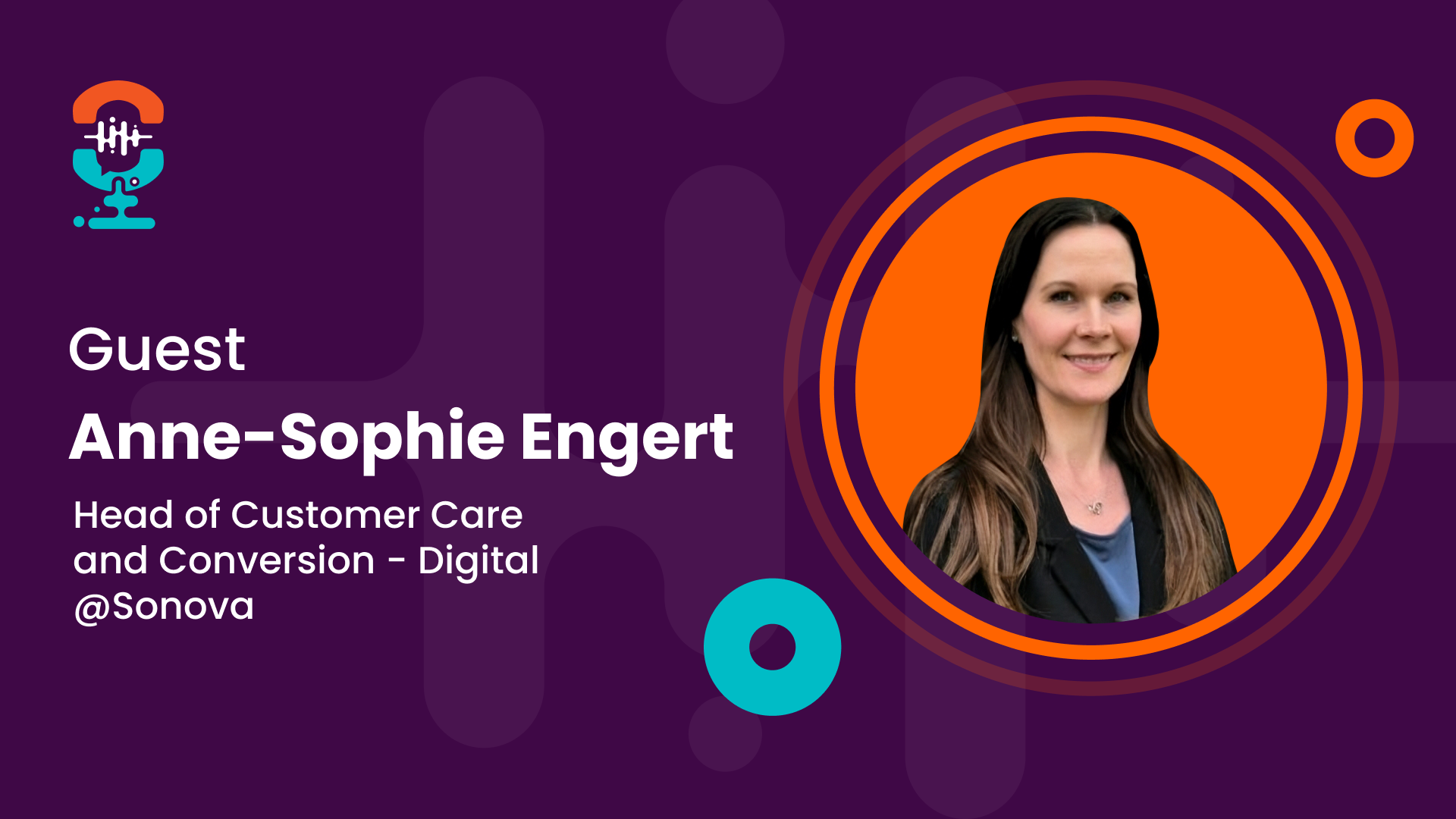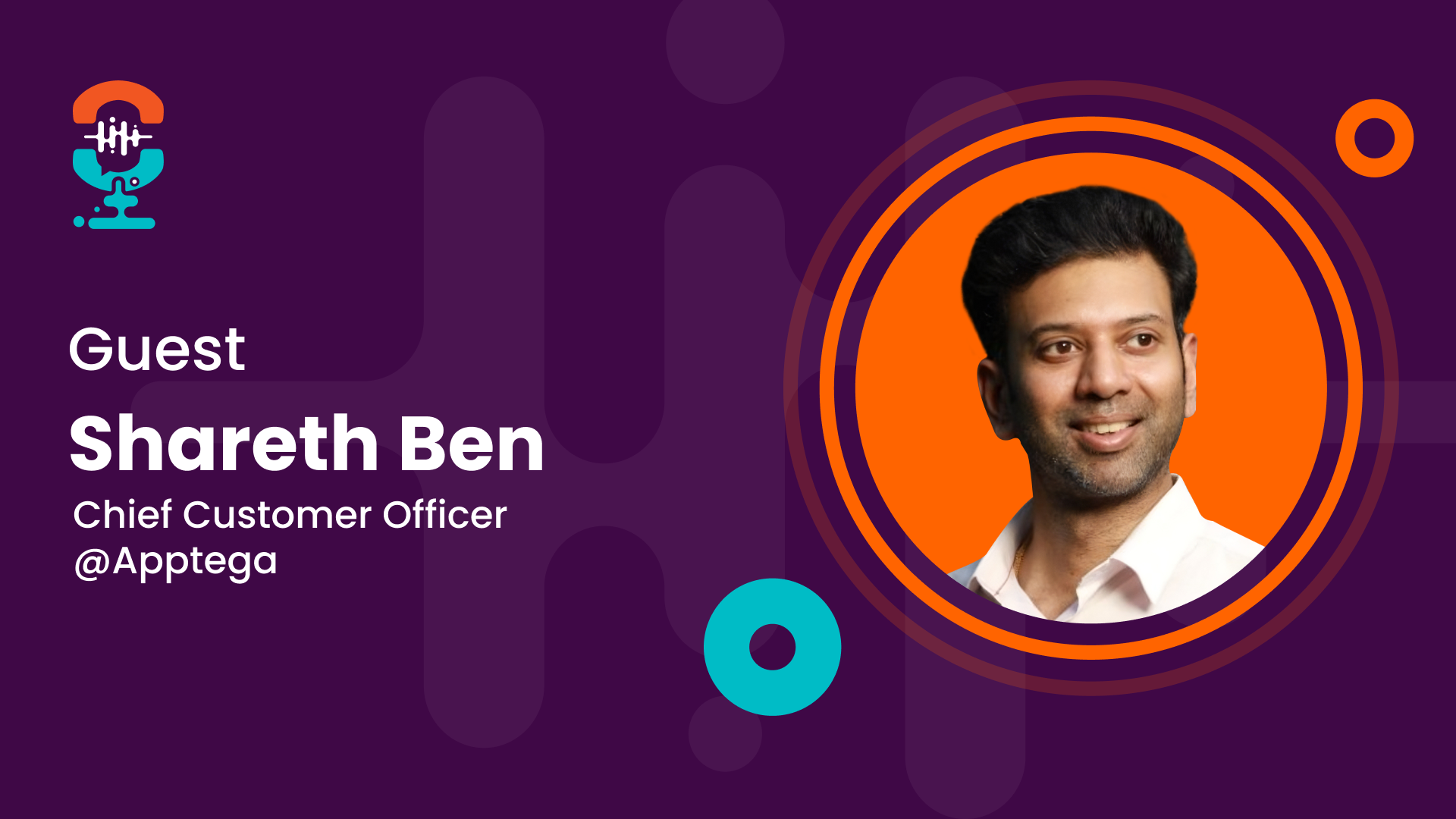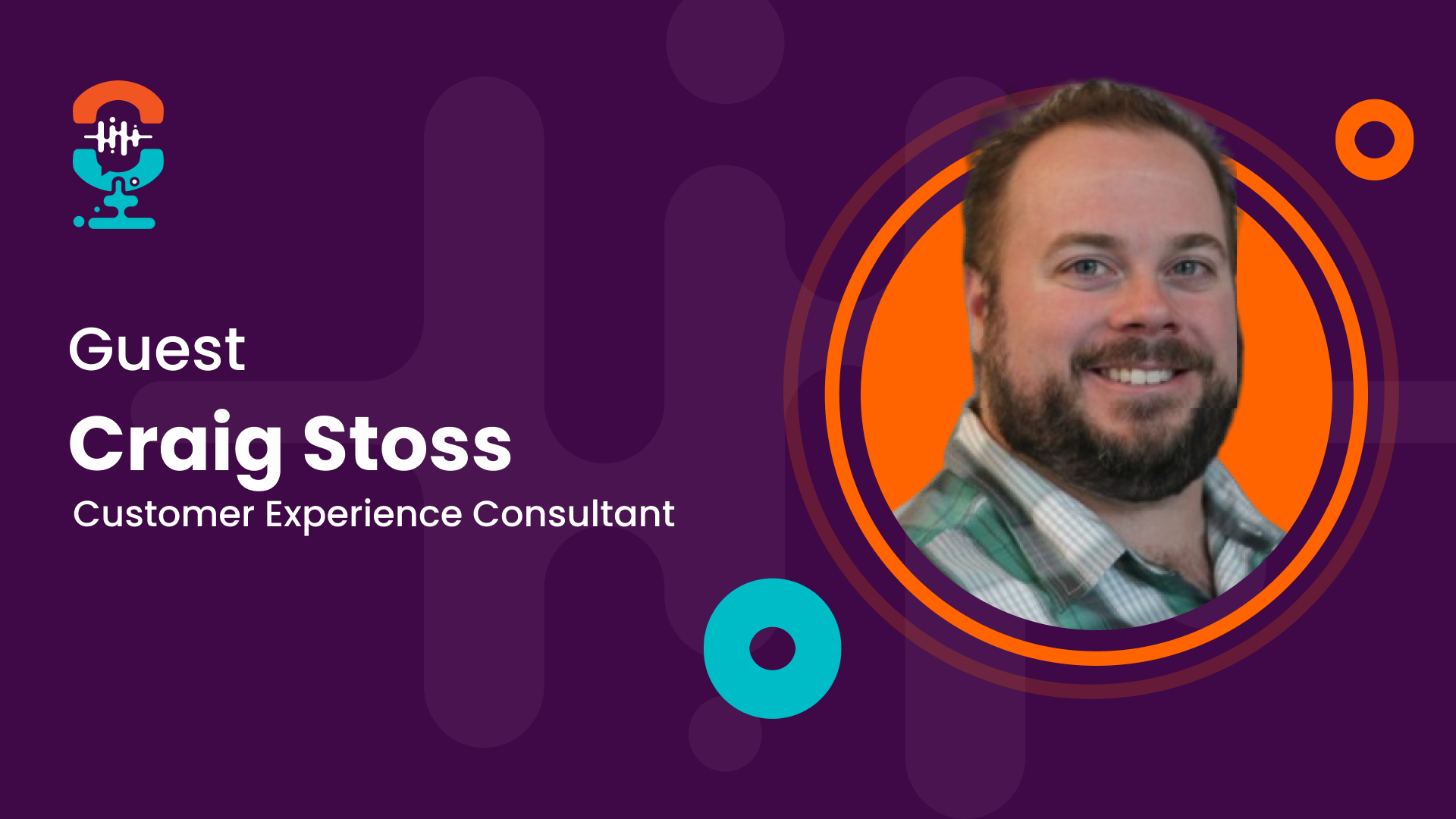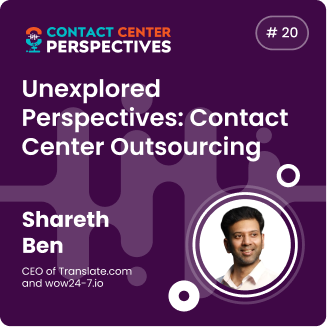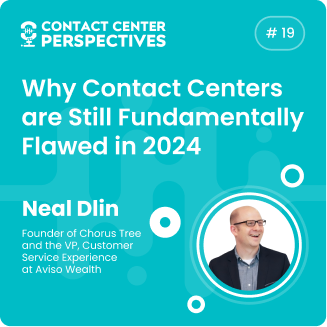Why Contact Centers are Still Fundamentally Flawed in 2024
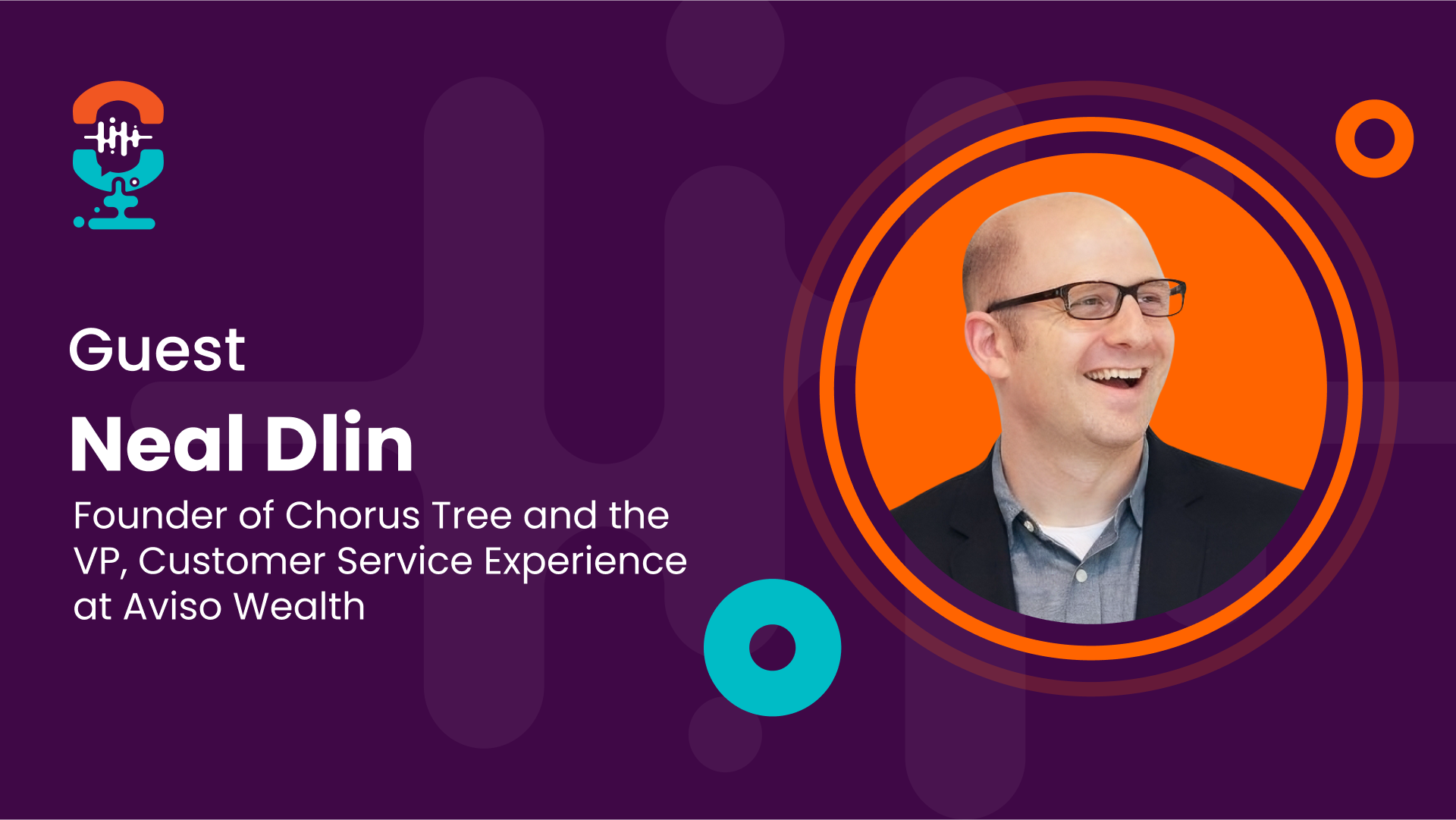
Byline: This article is based on a podcast interview with Neal Dlin, Founder of Chorus Tree and the VP, Customer Service Experience at Aviso Wealth
Blogpost Introduction:
In the evolving landscape of customer service, traditional contact centers are increasingly showing their flaws, especially in 2024. In a thought-provoking article, Neil Dlin critiques these outdated practices, arguing for a shift from a rigid, manufacturing-based model to a more human-centered approach. He emphasizes the need to recognize the individuality of both employees and customers, calling for a reexamination of obsolete KPIs and a renewed focus on trust and exceptional service delivery. Neil’s insights reveal the urgent need to redefine success metrics to create more meaningful and impactful customer experiences.
Key Takeaways:
- Traditional contact center practices are rooted in manufacturing principles, leading to a need for more focus on the individual needs of employees and customers.
- Quality programs should prioritize outcomes over rigid criteria, fostering genuine interactions based on empathy and understanding.
- Investing in hiring high EQ agents, offering extensive training, and empowering autonomy can lead to improved customer experiences and reduced attrition rates.
- The “FEALs” methodology, focusing on Feelings, Expectations, Attitudes, and Limitations in interactions, can guide agents toward creating personalized and impactful customer experiences.
- Shifting from a cost-center mentality to customer-centric operations can drive revenue growth, foster loyalty, and ultimately transform the contact center into a vital asset.
Human-Centric Approach
Organizations can foster more meaningful interactions by acknowledging and valuing the feelings, expectations, attitudes, and limitations (FEALs) of employees and customers. Dlin’s FEALs framework underscores the significance of understanding individual nuances and tailoring experiences accordingly. This shift from rigid, one-size-fits-all practices to personalized and empathetic engagements can significantly impact customer satisfaction and loyalty.

He highlights the detrimental effects of traditional quality assurance practices that prioritize scripted interactions over genuine human connection. By reimagining quality programs to focus on desired outcomes rather than rigid criteria like using scripted empathy statements, organizations can empower agents to truly connect with customers. This shift towards outcome-focused quality assurance not only enhances customer experiences but also nurtures a culture of trust and autonomy among employees.
Evolution of KPIs
Traditional key performance indicators (KPIs) such as average handle time and adherence are being reevaluated in light of the changing contact center dynamics. Neal advocates for a move towards outlier management, where deviations from standard metrics are viewed through a lens of curiosity rather than suspicion. By shifting the focus from micro-managing quantitative metrics to empowering agents to prioritize qualitative outcomes, organizations can drive holistic improvements in customer experiences.
Moreover, he emphasizes the interconnectedness of employee experience, customer experience, and business outcomes. He underscores the importance of aligning contact center practices with the organization’s overall purpose and vision. By defining a clear service center purpose that resonates with the organizational mission, companies can create a cohesive environment where employees are motivated to deliver exceptional customer experiences. This strategic alignment not only enhances customer satisfaction but also drives business growth through positive word-of-mouth and increased customer lifetime value.
Adaptability and Continuous Improvement
As the contact center landscape evolves, Neal emphasizes the critical need for adaptability and a commitment to continuous improvement. In a rapidly changing environment, where customer expectations are higher than ever, leaders must be willing to question conventional best practices that may no longer serve their purpose. He advocates for a mindset that encourages breaking away from traditional methods, urging organizations to explore innovative approaches that prioritize both employee well-being and customer satisfaction. This shift in perspective is essential for contact centers to remain relevant and effective in today’s competitive market.
Fostering a culture of experimentation and learning is key to staying ahead of the curve. Neil also argues that by embracing new ideas and being open to change, contact centers can create environments where innovation thrives. This proactive approach allows organizations to respond quickly to emerging trends and customer needs, ensuring they consistently deliver exceptional experiences. In a market where differentiation is increasingly challenging, the willingness to adapt and innovate becomes a powerful tool for success, setting forward-thinking contact centers apart from their competitors.
Conclusion
In conclusion, Neal’s insights underscore the critical role of human connection and empathy in contact center interactions. By prioritizing emotional intelligence, personalized experiences, and outcome-driven metrics, organizations can transform their contact centers into customer-centric hubs of excellence. This human-centric approach not only elevates customer satisfaction and loyalty but also empowers employees to deliver their best work and drive business success in the digital age.
By incorporating a human-centric approach and reimagining traditional KPIs, contact centers can enhance customer experiences and drive business growth. Neal offers valuable guidance for organizations seeking to adapt and thrive in an ever-evolving customer service landscape.
The full interview with Neal Dlin on ‘Why Contact Centers are Still Fundamentally Flawed in 2024‘ is HERE.
Looking for specific information?
Our specialist will help you find what you need
in customer service outsourcing
Discover Contact Center Perspectives Podcast
Discover the themes that resonate most with your challenges
 English
English

